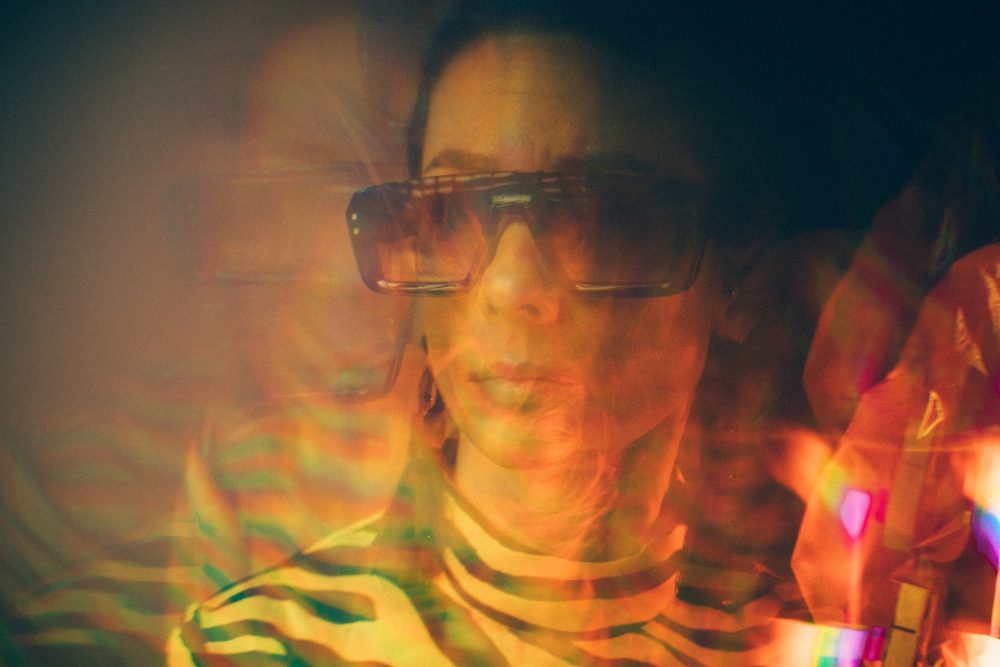
Bethany Murray has been known to SelfharmUK for a long time and is an inspirational young person who has overcome some challenging things in her life. She shares openly with us about her struggles with PTSD for PTSD Awareness Day.
I am many things. I’m a student, a daughter, a godmother, a lover of house plants, tattoos and the colour yellow. I am also someone with post-traumatic stress disorder, PTSD.
Today is PTSD awareness day. Have you heard of PTSD? What comes to mind when you think of PTSD?
PTSD is an anxiety disorder that develops after witnessing or being involved in a traumatic event. This could include a serious road accident, a violent or personal assault such as a sexual assault, mugging or robbery, a serious health problem or childbirth experience. Many people have heard of this disorder in the context of soldiers returning from war, but like any mental health condition, anyone of any gender, age or walk of life can develop PTSD.
It is usual for anyone who witnesses or experiences a traumatic event to have a reaction to it in the initial period afterwards, termed an acute stress response. But not everyone who experiences trauma will develop PTSD. PTSD can develop immediately after someone experiences a traumatic event, or it can occur even years later.
Here is a list of a wide range of symptoms associated with PTSD. Not everyone will experience the same symptoms:
- Reoccurring, involuntary, intrusive memories of the traumatic event, including nightmares or flashbacks, where you feel as though the traumatic event is happening again.
- Distress upon exposure to cues that are connected to your traumatic event
- Strong bodily reactions (such as increased heart rate) to a reminder of the traumatic event
- Avoidance of reminders associated with the traumatic event, such as avoidance of people, places or activities that bring up memories of the traumatic event.
- Negative changes in thoughts and mood such as an inability to remember an important aspect of the traumatic event, negative evaluations about yourself, others, or the world (for example, "I am unlovable," or "The world is an evil place"), increased shame, anger, or fear, an inability to experience positive emotions
- Behaviours changes such as increased irritability, self-destructive behaviour, heightened startle response, difficulty concentrating and problems sleeping.
I experienced traumatic events in childhood, and I still live with PTSD and it’s impact on my life. For me, telling someone about what I had experienced was extremely difficult. Despite this, it is incredibly important to talk to a trusted adult if you have experienced or witnessed anything upsetting, or if you think you are experiencing symptoms of PTSD.
Getting help isn’t easy, but it’s the start of a journey to freedom from the overwhelming all-encompassing hold of PTSD. Treatment for PTSD can involve talking therapies and you may be offered Cognitive Behavioural Therapy to help you to think differently about what happened and find new ways to overcome it. It can also be treated with something called EMDR (eye movement desensitisation and reprocessing), which can help reduce distress from bad memories.
You can find out more information about getting support for PTSD and PTSD Awareness Day on the PTSD UK site.